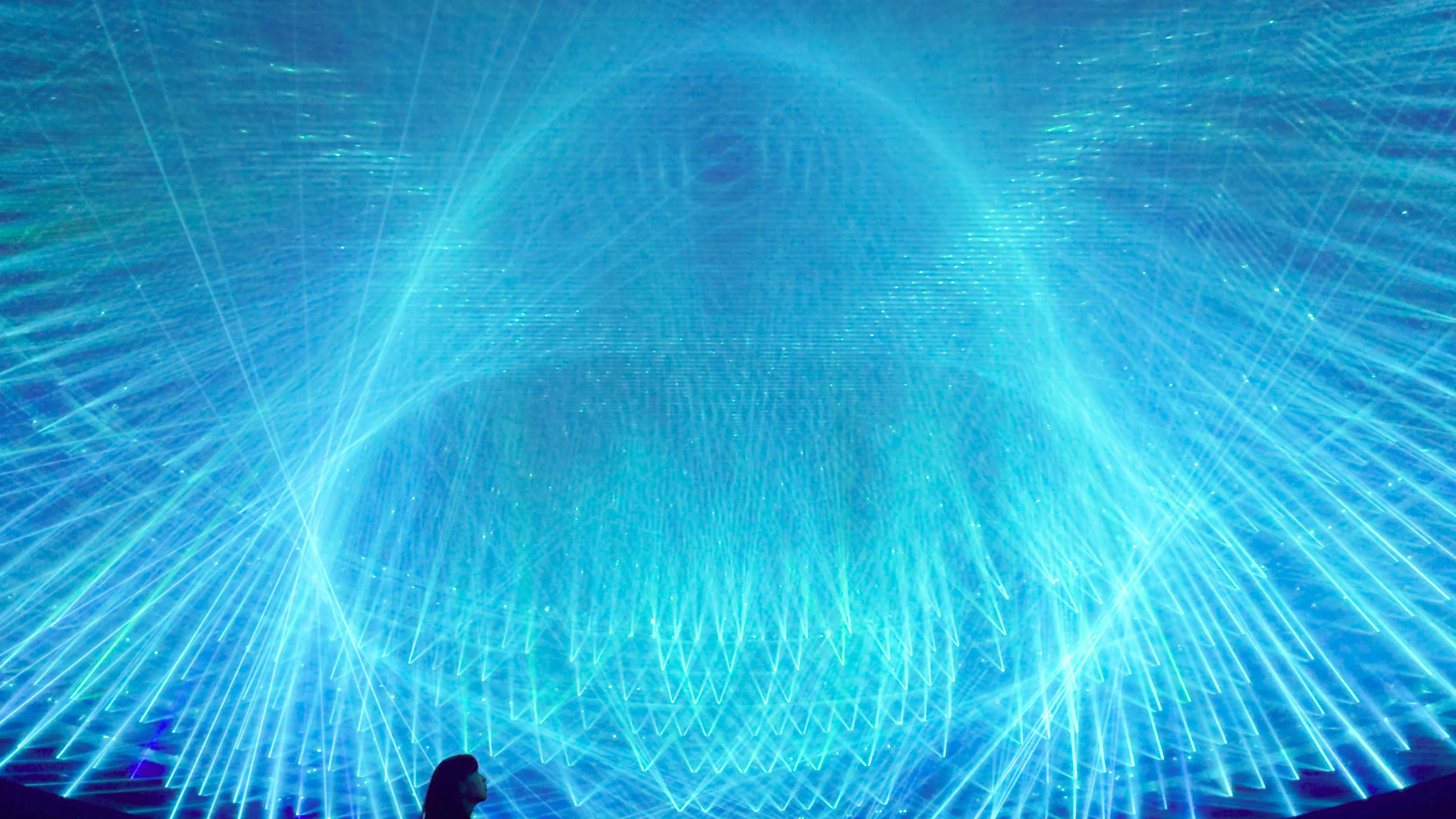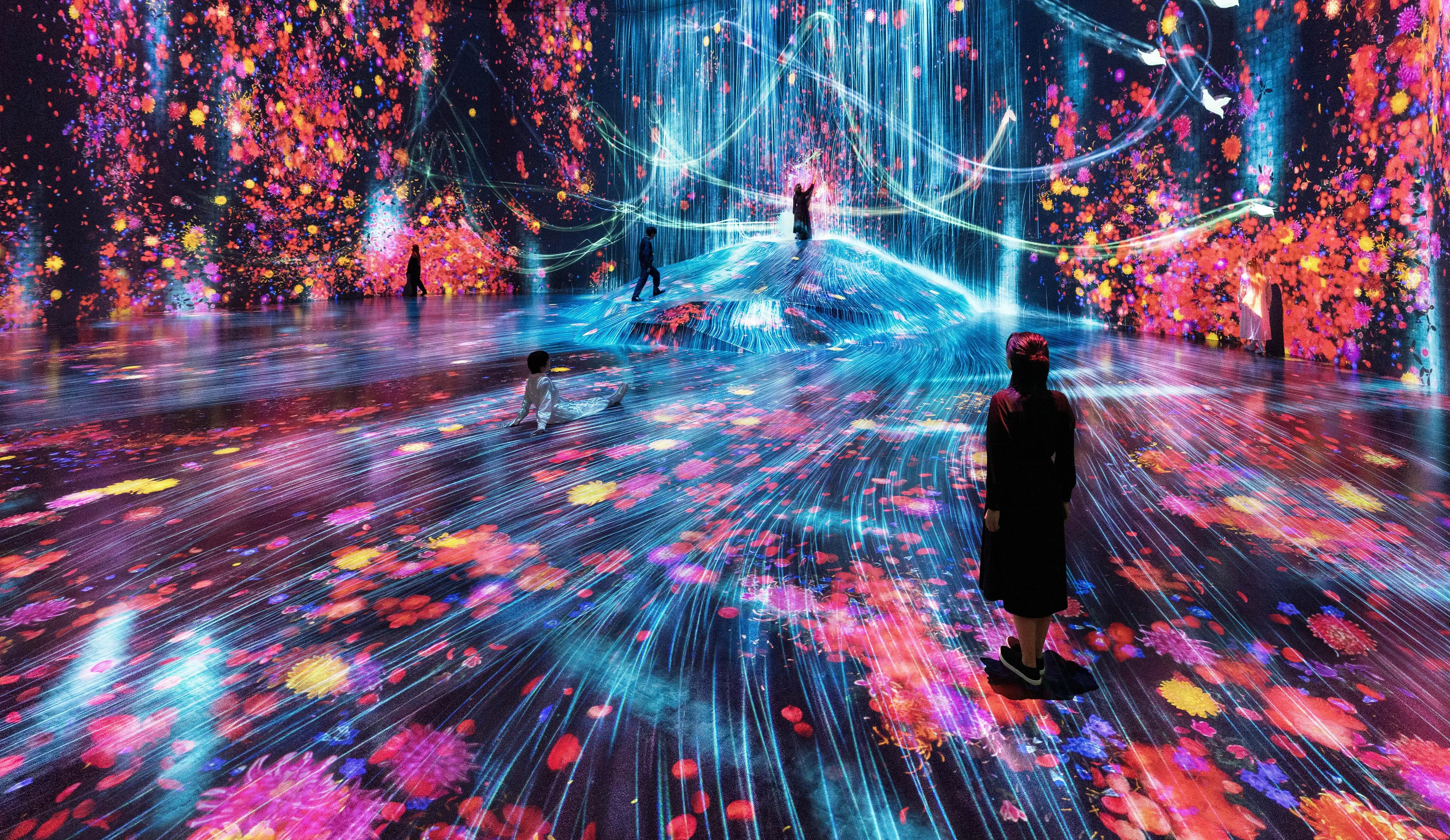Sukikei / NEW VIEW | teamLab
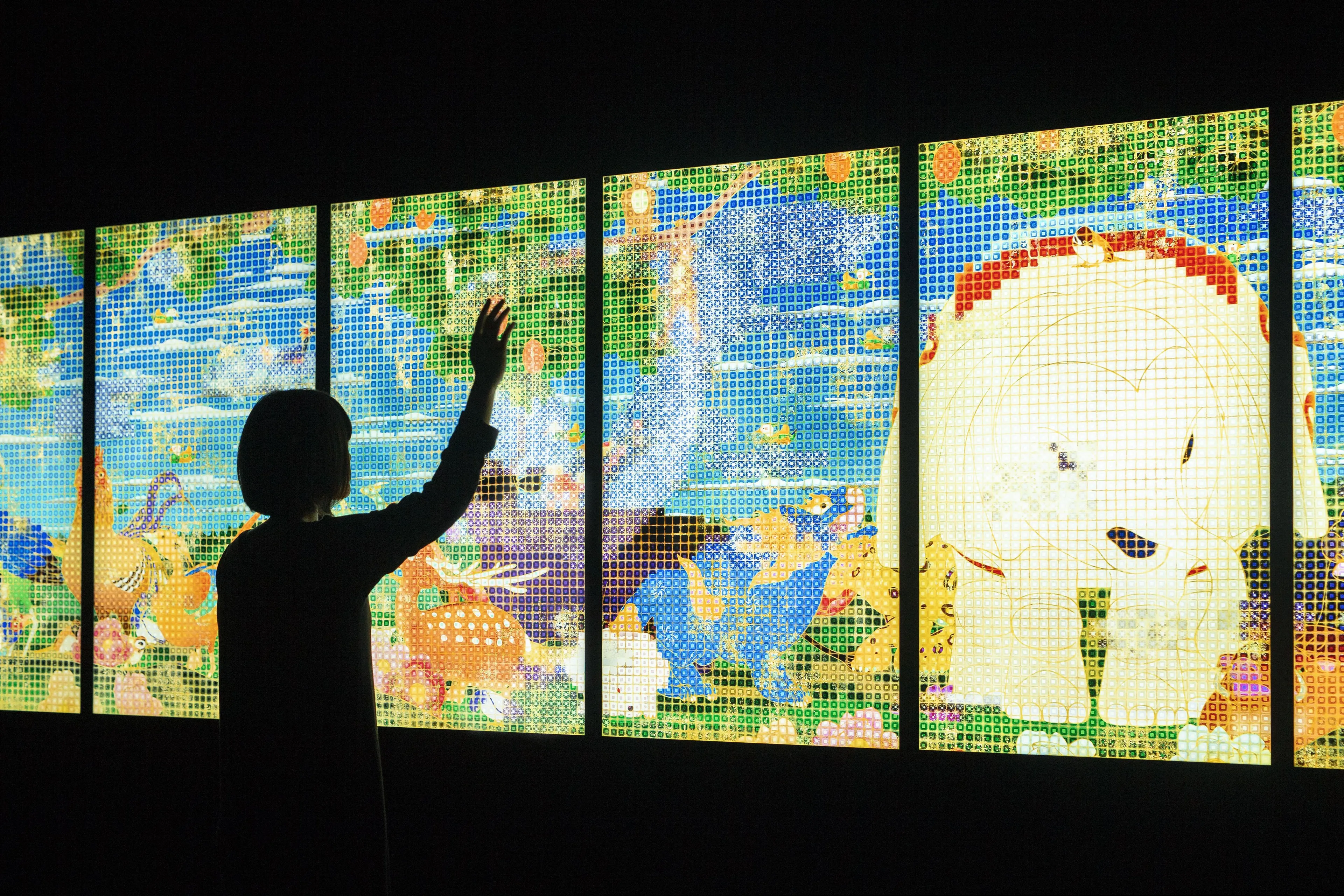
Sukikei / NEW VIEW
전시 종료
2019.6.26(Wed) - 7.08(Mon)Hankyu Umeda Gallery, 오사카

Sukikei / NEW VIEW
전시 종료
2019.6.26(Wed) - 7.08(Mon)Hankyu Umeda Gallery, 오사카
teamLab에 대해
아트 컬렉티브 teamLab은 2001년 활동을 시작했다. 국경을 넘어선 연대 속에 집단 창작의 방식으로 예술, 과학, 테크놀로지 그리고 자연계의 교차점을 학제적 접근으로 모색한다. 아티스트, 프로그래머, 엔지니어, CG 애니메이터, 수학자, 건축가 등 다양한 분야의 전문가들로 구성된 teamLab은 예술을 통해 인간과 자연, 개인과 세계의 새로운 관계를 탐구하고 표현한다.
teamLab은 우리에게 익숙한 모든 경계에 대해 질문한다. 인간은 각자를 둘러싼 바깥 세상을 감각 기관으로 인지해 스스로와 분리하고 낱낱을 경계지어 독립체로 구분하려 한다. 현대 문명은 그런 방식으로 세계를 이해해 왔다. teamLab은 예술을 통해 감각을 확장하고 개인과 세계의 경계, 시간의 연속성에 대한 인지의 경계를 넘어설 수 있다고 믿는다. 이 세계의 모든 것은 광대한 시간 속에, 생명의 끝없는 연속 안에 가까스로, 하지만 기적적으로 존재하고 있다.
teamLab의 작품은 시드니 뉴사우스웨일스 주립 미술관, 애들레이드 사우스오스트레일리아 미술관, 샌프란시스코 아시아 미술관, 뉴욕 아시아 소사이어티, 이스탄불 보루산 현대 미술관, 멜버른 빅토리아 국립 미술관, 헬싱키 아모렉스가 영구 소장하고 있다.
teamlab.art
Biographical Documents
teamLab is represented by Pace Gallery, Martin Browne Contemporary and Ikkan Art.
전시회장 정보
Sukikei / NEW VIEW
기간
2019.6.26(Wed) - 7.08(Mon)
관람 시간
Sunday -Thursday 10:00-20:00
Friday - Saturday 10:00-21:00
* Last Entry: 30 minutes before closing.
* July 8 (last day) open from 10:00 - 18:00
Friday - Saturday 10:00-21:00
* Last Entry: 30 minutes before closing.
* July 8 (last day) open from 10:00 - 18:00
휴관일
No Holiday
오시는 길
주소
한큐우메다 갤러리
오사카 부 오사카시 키타 구 카쿠 쵸 8-7 한큐백화점 우메다 본점 9 층
근처의 전시
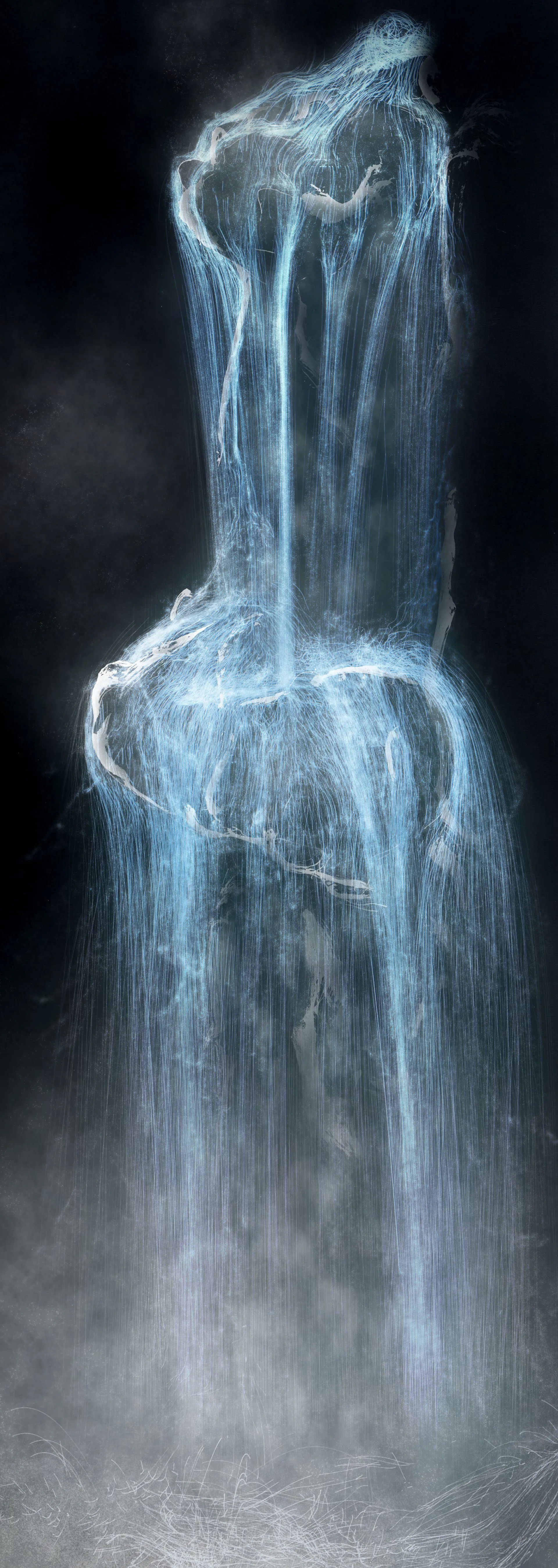
Universe of Water Particles
2015.7.24(Fri) - 상설
DOJIMA RIVER FORUM, Osaka
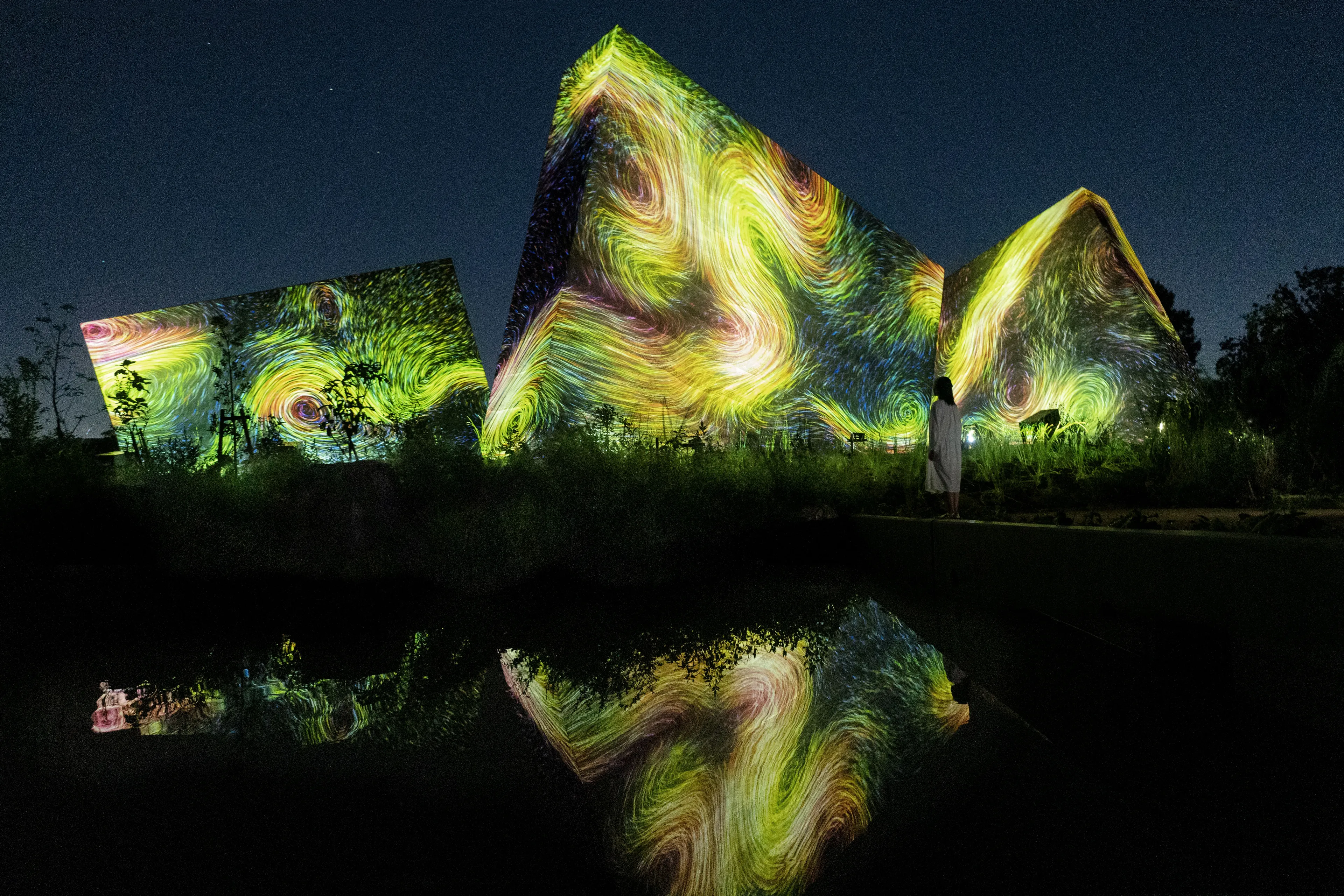
teamLab Botanical Garden Osaka
2022.7.29(Fri) - 상설
Nagai Botanical Garden, Osaka
teamLab Open Air Museum
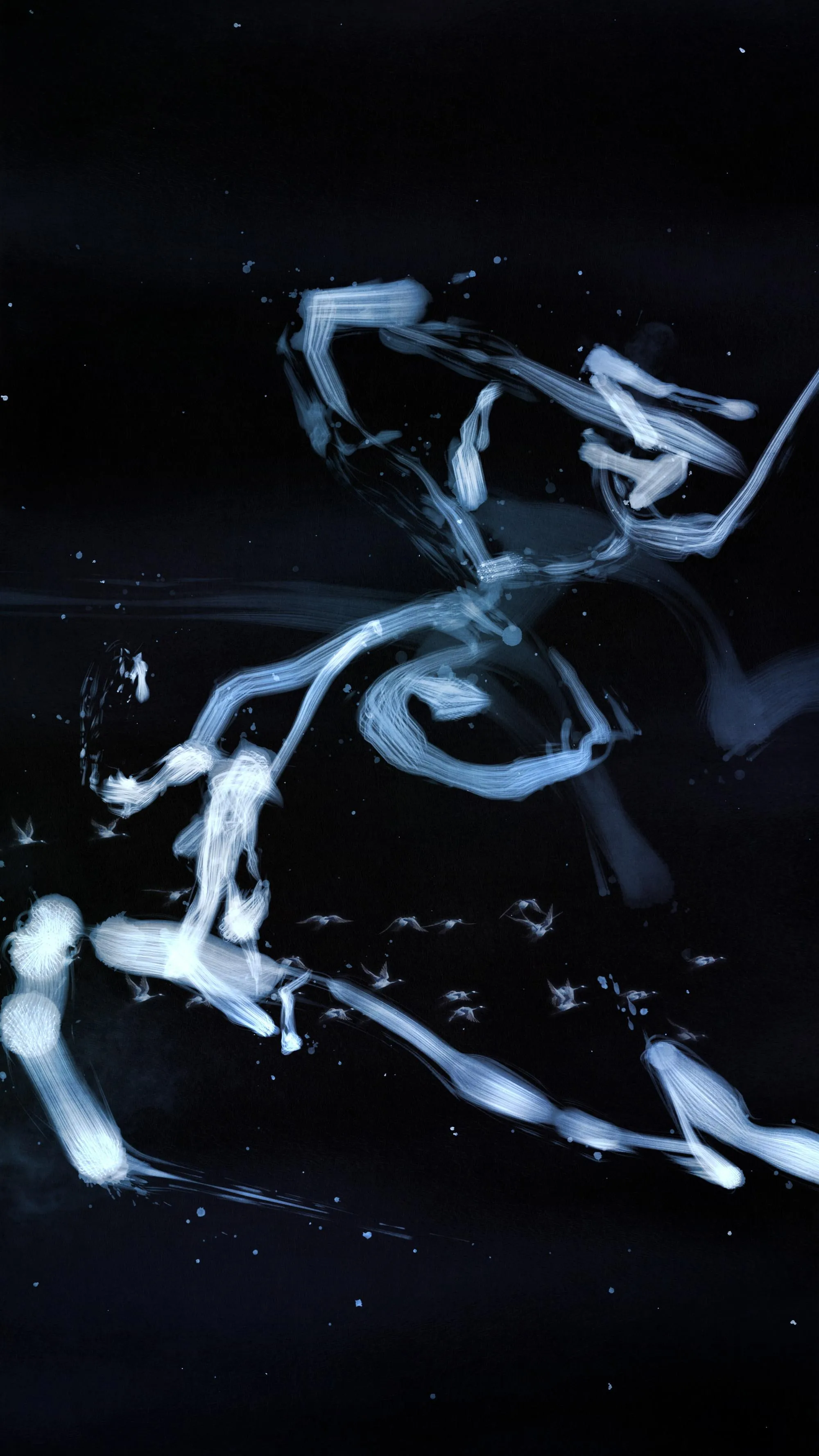
Spatial Calligraphy, Reversible Rotation and Crane - Itami Blue Light, Day & Night
2019.7.24(Wed) - 상설
Osaka International Airport (Itami) SAKURA LOUNGE, Osaka
Public Art
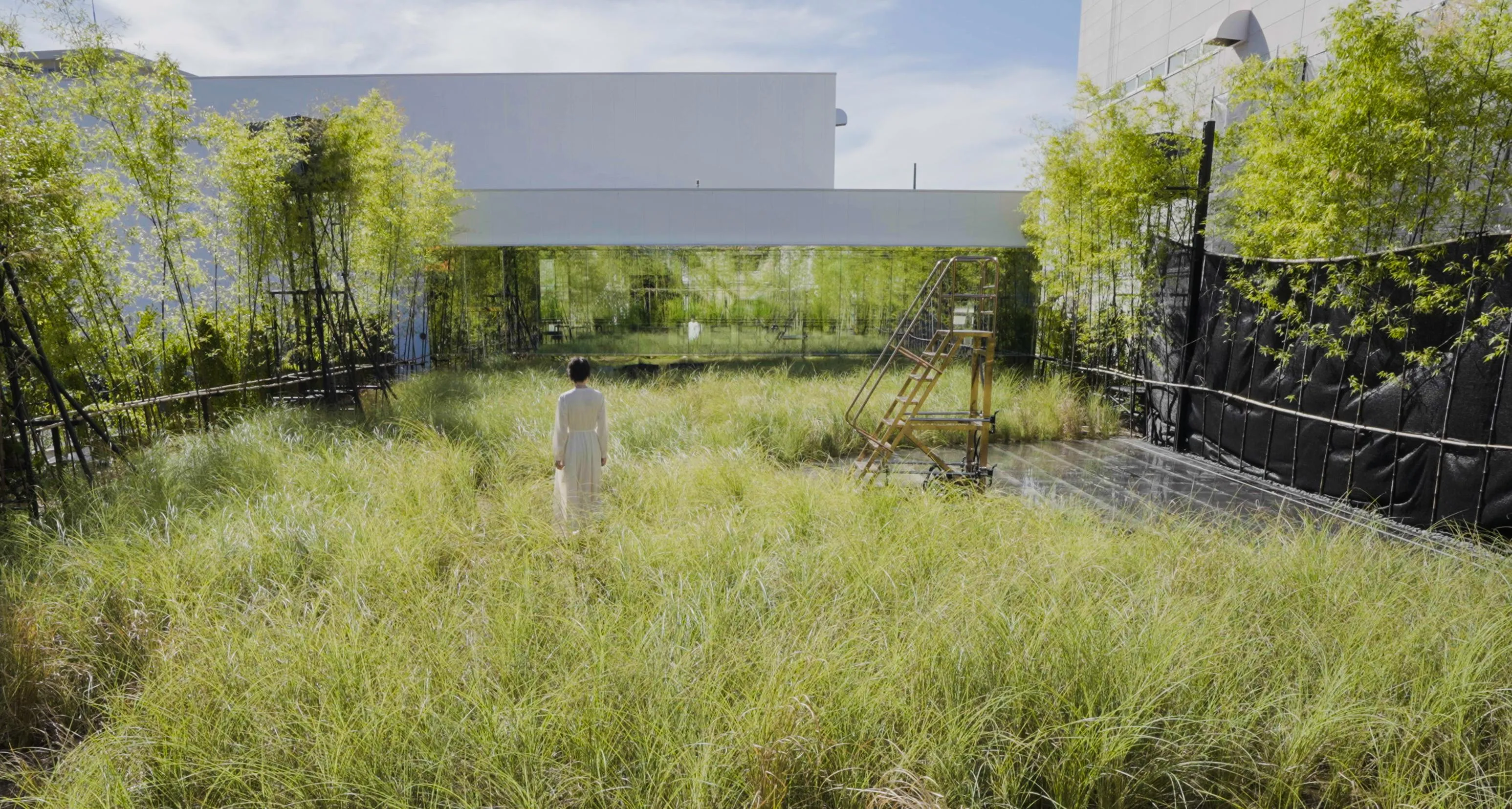
teamLab: Field of Wind, Rain and Sun
2024.10.05(Sat) - 상설
Higashiosaka, Osaka
teamLab Open Air Museum
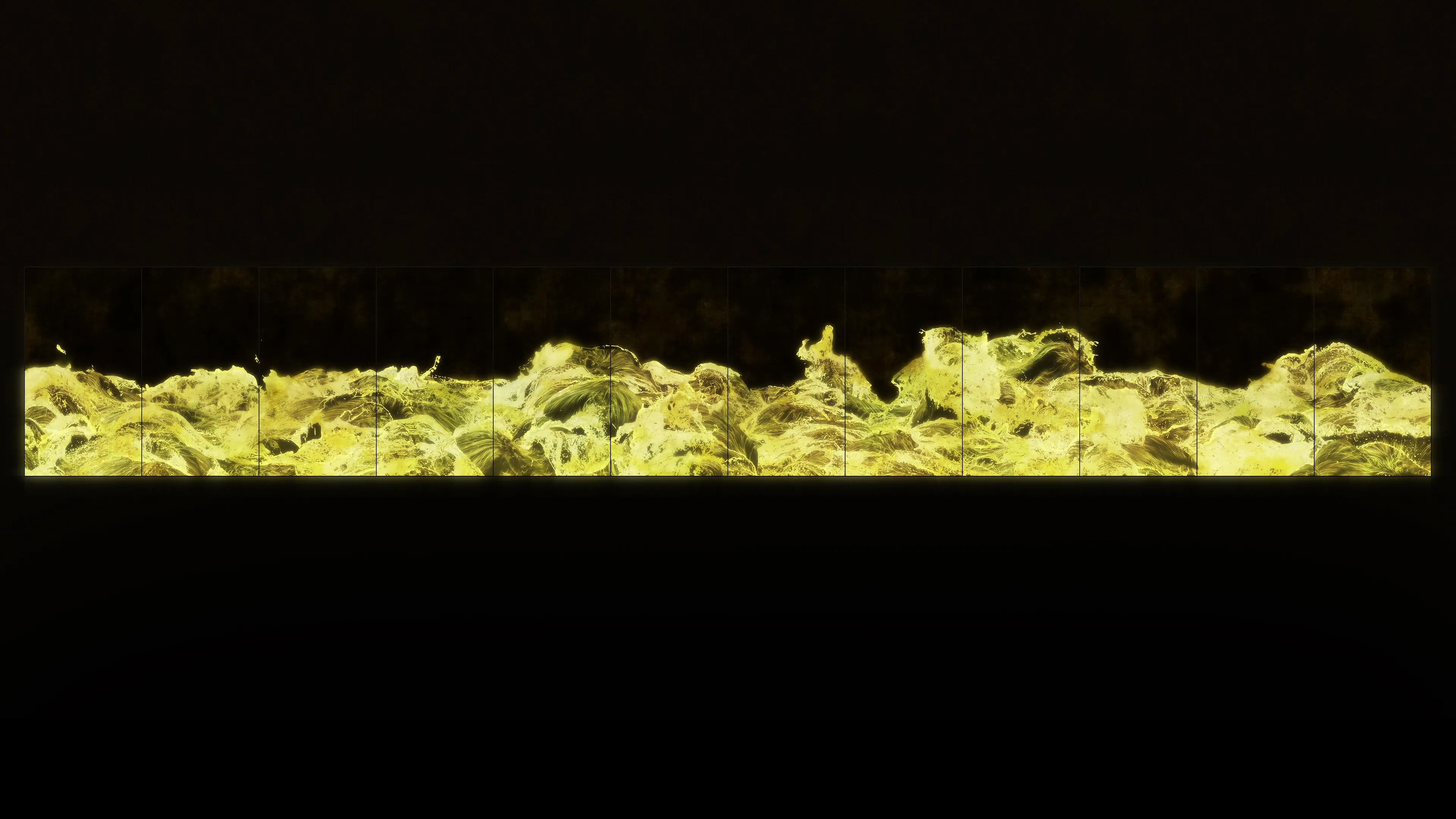
Gold Waves
2018.5.18(Fri) - 상설
Osaka University Arts, Osaka
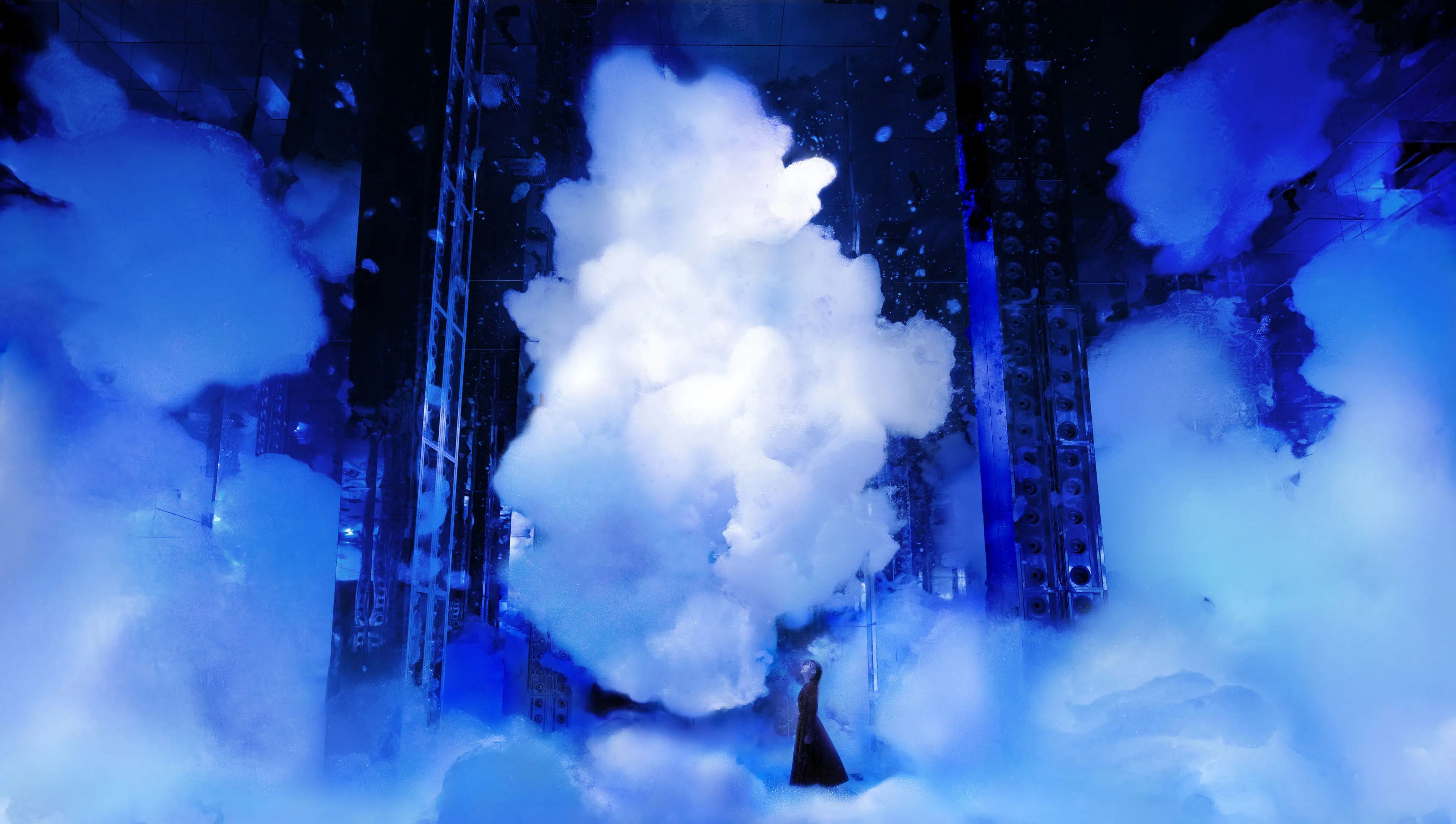
teamLab Biovortex Kyoto
2025.10.07(Tue) - 상설
Kyoto
teamLab Museum
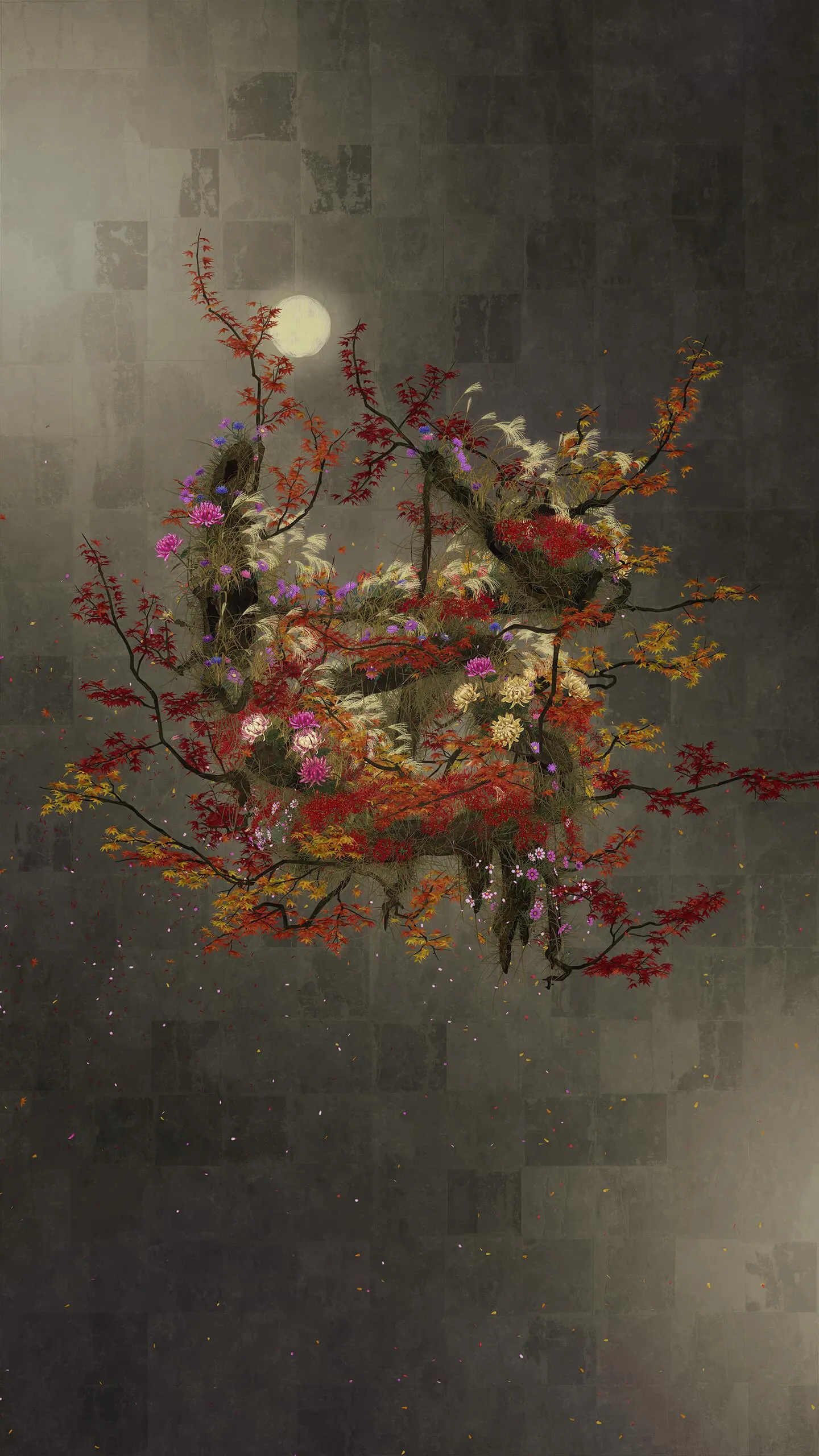
Connecting People, the World and Time - The Practice of Art, Woven into Life
2026.1.24(Sat) - 3.22(Sun)
Himeji City Museum of Art, Hyogo
Solo Exhibition

